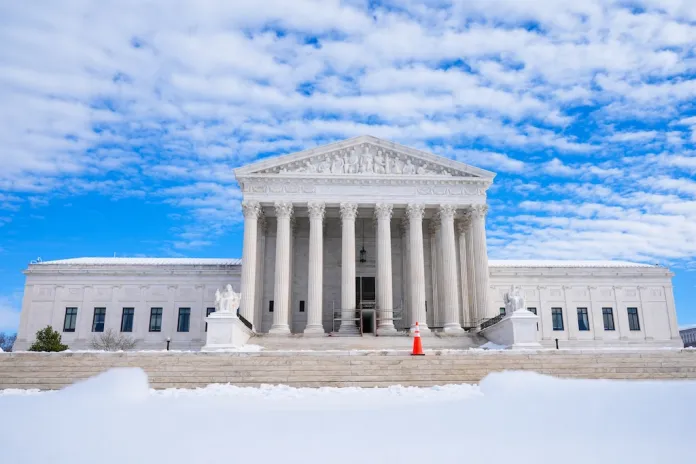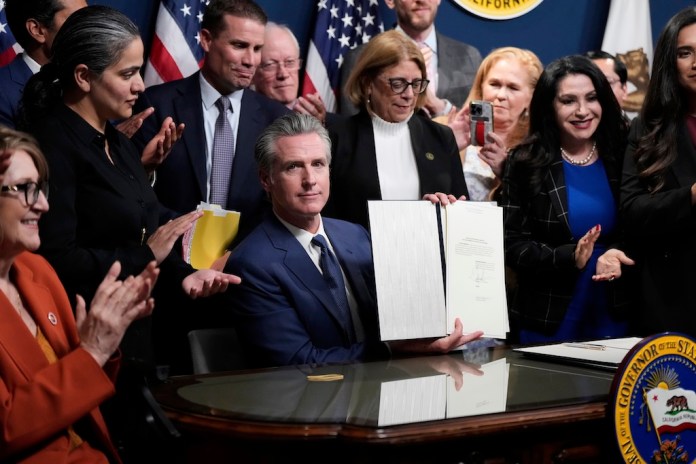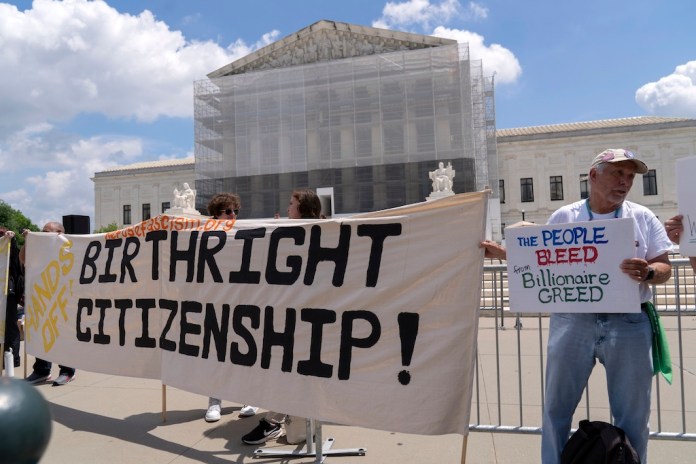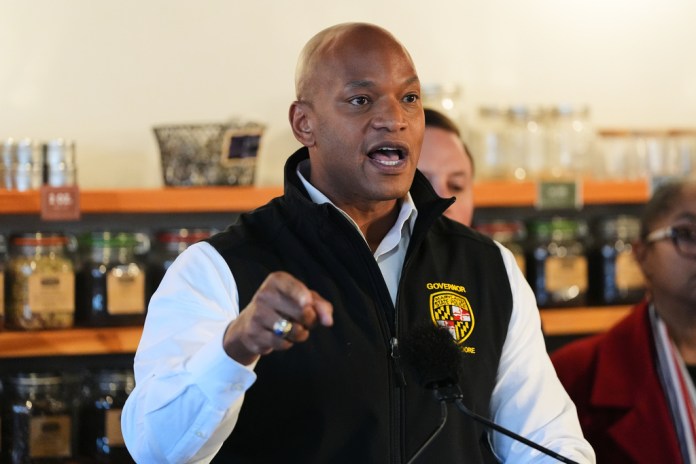Election groups urge Supreme Court to block late-arriving ballots
Three prominent election security groups-the Honest Elections Project, Restoring Integrity and Trust in Elections, and the Centre for Election Confidence-have urged the U.S. Supreme Court too block states from counting mail-in ballots that arrive after Election Day.In a recent amicus brief,these groups supported the republican National committee and the mississippi Republican Party in challenging mississippi’s law that allows absentee ballots postmarked by Election Day to be counted if received up to five business days later.They argue that this practice violates federal law,specifically 2 U.S.C. § 7, which mandates a uniform Election Day for federal elections, and undermines public trust in the democratic process.
The case, Watson v. Republican National Committee, highlights a conflict between state authority to regulate elections and federal mandates on uniform election deadlines. Although a federal appeals court previously ruled the Mississippi policy unlawful, its enforcement was delayed pending Supreme Court intervention. The advocacy groups stress the need for a clear, uniform deadline for receiving ballots to ensure election integrity and public confidence, emphasizing that only Congress can legally change the designated Election Day.
This legal dispute follows former President Donald Trump’s executive order declaring late-arriving ballots illegal and directing the Justice Department to enforce this nationwide,a move challenged by several Democratic-led states and blocked temporarily by a federal judge. Seventeen states plus D.C. currently permit counting late-arriving ballots, and another related case concerning Illinois is set for Supreme Court review. The outcome of these cases could impact future federal elections, with election integrity advocates pressing the Court to resolve the issue before the 2026 midterms.
Election security groups urge Supreme Court to block late-arriving ballots
Three leading election integrity groups urged the Supreme Court on Thursday to prohibit states from counting mail-in ballots that arrive after Election Day, warning that the practice violates federal law and undermines public trust in elections.
In a new amicus curiae brief filed Thursday afternoon, the Honest Elections Project, Restoring Integrity and Trust in Elections, and the Center for Election Confidence backed the Republican National Committee and Mississippi Republican Party, urging the justices to enforce a uniform deadline requiring all ballots in federal elections to be received by the close of polls on Election Day.
“Counting votes that are received after Election Day is not only illegal, it damages public trust in the democratic process,” Honest Elections Project executive director Jason Snead said. “The Supreme Court should take this opportunity to resolve this issue now, before voters head to the polls in the next election.”
At issue in Watson v. Republican National Committee is a Mississippi statute allowing absentee ballots postmarked by Election Day to be counted if they arrive up to five business days later. Attorneys representing Mississippi Secretary of State Michael Watson and Attorney General Lynn Fitch, both Republicans, have argued that the state has the right, via its own laws, to regulate and manage certain aspects of federal elections, including the receipt of mail-in ballots and counting them after Election Day.
Although the 5th U.S. Circuit Court of Appeals ruled last year that the policy violates federal law, the decision was not in effect for the 2024 election, and the case was returned to the district court.
Now, proceedings have been paused until the Supreme Court acts. “All District Court proceedings … are hereby STAYED pending the filing and disposition of a petition for a writ of certiorari in the United States Supreme Court,” Judge Louis Guirola wrote.
The coalition of conservative-aligned election integrity groups says the matter should be settled ahead of the 2026 midterm elections, when the narrow Republican majority in the House of Representatives will be fighting to maintain its majority.
In their amicus brief, the three groups argue that the practice violates 2 U.S.C. § 7, which mandates a uniform Election Day for federal contests. They cite the 1997 case Foster v. Love, in which the high court held that all actions “meant to make a final selection of an officeholder” must occur by Election Day.
“It is vital for voters’ confidence that clear deadlines are imposed for mail ballot return and receipt,” said Lisa Dixon, of the Center for Election Confidence. “Stretching elections beyond Election Day not only violates federal law, but also sows doubt and discord about the tabulation process.”
RITE President Justin Riemer warned that allowing ballots to arrive days or weeks after the election effectively changes the date of the election — something only Congress can do.
“Congress set Election Day in federal law, and it’s the Tuesday after the first Monday in November,” Riemer said.
The legal question arises after President Donald Trump’s March executive order declaring that late-arriving ballots violate federal law and directing the Justice Department to enforce the order nationwide. Several Democratic-led states have sued in response, and a federal judge in Massachusetts blocked the order on June 16.
Trump famously claimed the 2020 election was stolen from him due to “widespread” voter fraud after then-candidate Joe Biden won, during an election cycle that set the most mail-in voting records in history. Likewise, many states adjusted their rules for counting late-arriving ballots. While then-Attorney General Bill Barr said there was no evidence to support widespread voter fraud, the president has maintained this belief and has underscored a need to protect future elections against any possible irregularities.
Seventeen states plus the District of Columbia count ballots received after Election Day, including California, Nevada, and Ohio. A separate case out of Illinois, which the high court will hear this fall, raises similar concerns but focuses specifically on whether a Republican lawmaker has legal standing to sue over a law allowing the counting of ballots up to 14 days after Election Day. The outcome of that case is not expected to resolve issues that election groups now say the high court must address.
SUPREME COURT COULD SOON WEIGH LEGALITY OF LATE-ARRIVING BALLOTS
Snead said settling the deadline issue before the next election is vital.
“Ideally, we would resolve this before we find ourselves in the crucible of a post-election challenge in the next presidential cycle,” he previously told the Washington Examiner in April.
" Conservative News Daily does not always share or support the views and opinions expressed here; they are just those of the writer."




